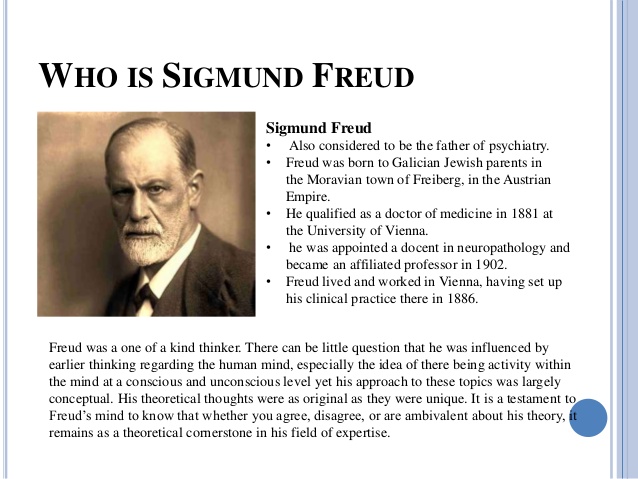Freud, in his own way, has shaken the foundations of psychology, shaping several schools with a common root that is still appreciated/practiced today in many consultations, and that is because Freud was a revolutionary in the way he saw and saw us. We.
In this article we will focus both on your contribution and on the analysis of what you had as a revolutionary and why you remain today an essential reference figure to understand the history of psychology, including thought itself. Why yes, some of his postulates went to psychology as Copernicus’ famous revolution to physics when he changed the center of the universe. If you believe it, let’s dive into this interesting journey!
- Perhaps the unconscious was the greatest revolution proposed by Freud and perhaps today it is one of the least discussed In the historical moment in which Freud lived.
- Although social psychology was not yet developed.
- We already knew that we did not have absolute control over what he lived.
- Some external variables.
- Such as the amount of sunlight.
- Could influence our mood.
- In addition.
- The same sunlight could blind us and make us stumble.
- But Freud went further.
With the unconscious’s proposal, Freud pointed out that there was a part within us that we could not access consciously or directly, but manifested itself in our emotions, thoughts and behaviors, a kind of genius who acted behind the scenes, moving the mind. Strings in large part, without giving more face than that of some reflections on stage.
A kind of me ignored by consciousness that can sometimes make us feel very bad. This unconscious can sadden us without identifying reason, participate in our dreams symbolically, or cause certain mistakes in our discourse.
Few today deny that a part of us influences us and to which our conscience does not have easy access, may be a memory of childhood, but it can also be a deterioration of self-esteem or a pattern of attachment poorly constructed or severely punished in recent times. years, going from one relationship to another.
Freud, among other virtues, possessed that of being a magnificent writer, the details, clarity and elegance of his exhibition are three of the adjectives that can qualify his works, so he not only cared for and used the word to express his thoughts. with mastery, but also made it a central part of his therapy.
For example, as we have already pointed out, Freud argued that one of the most innocent manifestations of the unconscious are the deficiencies we all occasionally commit in our speeches; at the same time, he referred to free association as a means of accessing information from the unconscious without contamination.
Free association was formed as a fundamental method of psychoanalytic technique, relegating to the background the other techniques in which it had formed (e. g. hypnosis) and which initially seemed very useful for the same purpose. The great advantage of free association is that, when done right, it is free of suggestions and, at the same time, restrictions of conscience.
Freud understands childhood as a vital field in which events occur that will influence us throughout life, and they will do so fundamentally through the unconscious, making us work with models that we internalize but do not treat.
On the other hand, Freud tells us that sexuality also plays an important role in childhood; very important to him, in fact, we see it, for example, in the articulation of the complexes of Oedipus and Electre; on the other hand, it speaks of child sexuality as a natural thing, far from entering into a moral debate about it.
For him, this sexuality is very present and can have consequences, in the case of a child, for example, competition with the father for the sake of the mother can serve as a stimulus for his growth, to imitate the father and try to overcome it. On the other hand, this idealization, if not broken, can act through the unconscious by influencing the type of people who will be attractive when it comes to maintaining a relationship.
If Freud was characterized by anything, it was because he wasn’t afraid to fight to take down certain taboos. This is perhaps one of the most important, that of breaking with the idealization of childhood.
Another revolution in his postulates revolved around neurosis. Freud points out that it is the internal conflicts between what we want (instinct of it) and we allow ourselves (forbidden surmoi the cultural or social), that shape the knots that collapse into a neurosis. Thus, in the context of the second topic, neurotic disorders were born from the displacement of this to the unconscious by the super-me, in an attempt to drown them.
Freud’s work is much more complete and encompasses many other aspects than those mentioned here, however, these are perhaps the most important to know why his work was the starting point of a revolution, so just as we are talking about a Copernican tour, we can talk about a Freudian tour and the enormous impact it has had.

